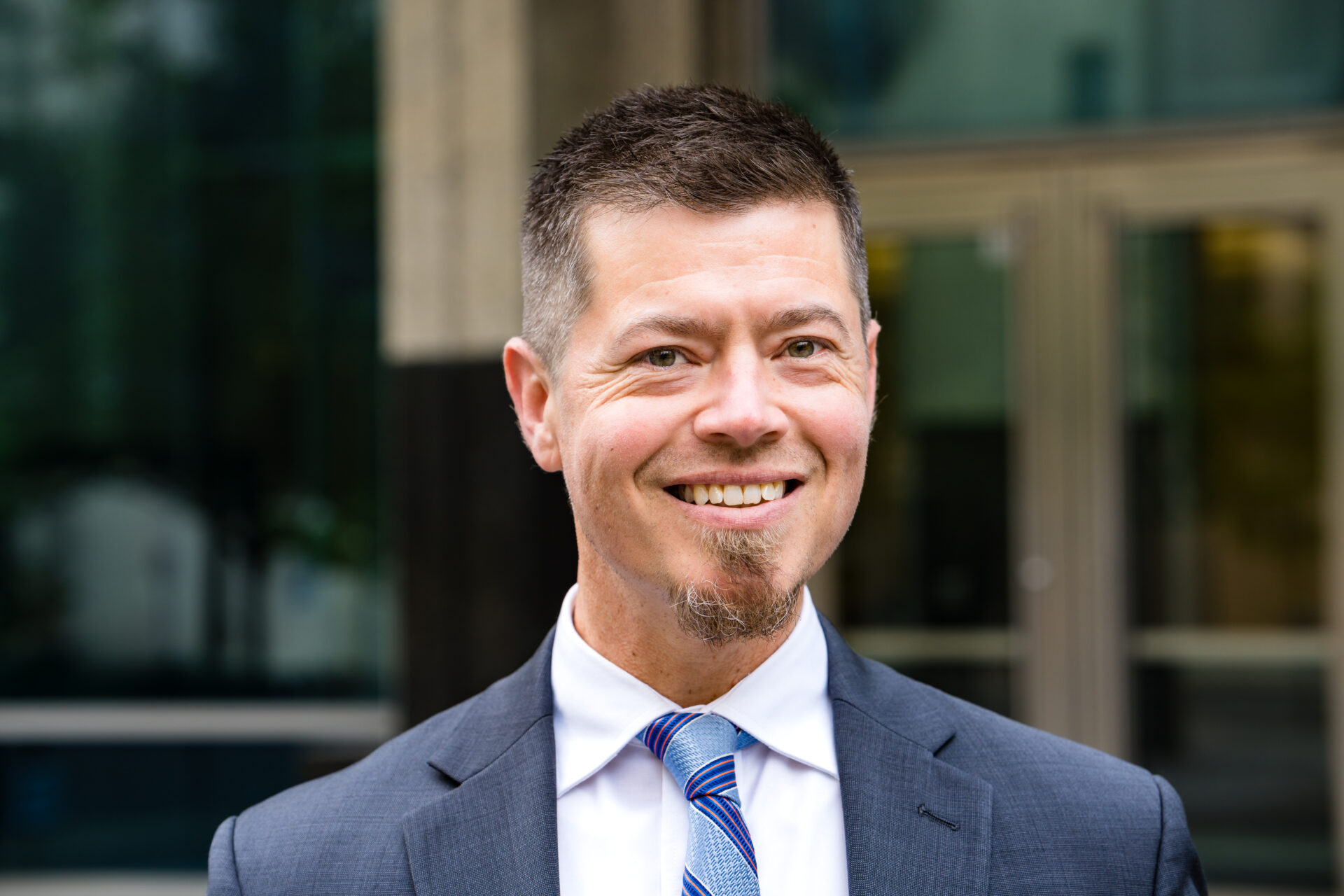One of the most shocking aspects of the North Carolina’s already harsh DWI statute is the provision on aiding and abetting. In North Carolina, you don’t have to be driving a vehicle to be convicted of driving while impaired. If you simply ride in a vehicle with an impaired driver, “all who participate […] are guilty as principals.” State v. Nall, 79 S.E.2d 354 (1953).
The question, then, becomes: what does it mean to “participate” in drunk driving? In State v. Gibbs, 44 S.E.2d 201 (1947), the North Carolina upheld the conviction of a man who was the owner of a truck, who a jury found had knowingly allowed another individual to drive his vehicle while impaired. The Court of Appeals did consider in that case the evidentiary record supporting a factual finding that the owner (Gibbs) knew or should have known that the driver was intoxicated, and, as owner of the vehicle, was in a position to control its operation.
Simply being present in a car driven by an impaired driver isn’t sufficient to support a DWI conviction of a passenger, but passengers do need to be cautious and be aware of their own rights. Just like the drivers themselves, passengers accompanying drivers being investigated for impaired driving should be aware of their rights — and particularly the right to remain silent and not give incriminating information to police officers.
In the end, the question of whether a passenger is guilty of impaired driving under an aiding and abetting theory may turn on whether or not the State can prove that the passenger knew that the driver was impaired, and whether the passenger “participated” in the impaired driving in some way, beyond simply being present in the vehicle. If the Court applies the law correctly, the State should be required to prove both beyond a reasonable doubt.







